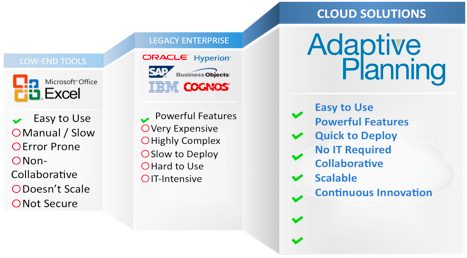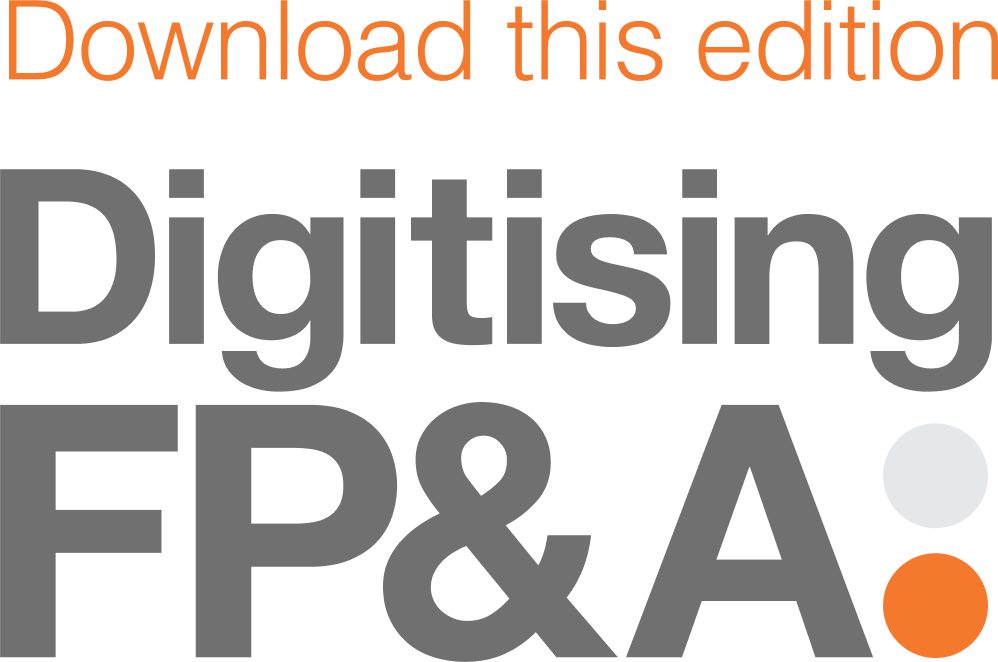We recently had the pleasure of attending the Deloitte Energy Excellence Awards and sit alongside some of the fantastic people leading the New Zealand Energy sector.
It caused us to reflect that ‘excellence’ cannot be achieved by the Finance Department of any company in the area of budgeting, forecasting and reporting if they are using Excel.
The reasons for this are:
It is fraught with risk. Finance professionals know that, despite their best efforts with the reconciliation of data in Excel, errors are going to be made. Resulting in potentially inaccurate and misleading information being reported internally and externally.
Time wasted on the manual manipulation and reconciliation of figures in Excel, is time not spent analysing the results for insight. Instead Finance should be spending more time advising executive decision makers on how best to optimise the business operationally for maximum financial performance.
Silo’s of information end up isolated in hundreds of Excel spreadsheets across the business. Making it hard for managers to align the operations of their department with that of the organisation as a whole.
The best way to achieve ‘excellence’ is to create a single source of the truth view of the business for reporting, analysis and decision making.
Using a robust platform that automatically takes the data from source systems and facilitates collaboration enables people to add value to the data, facilitate analysis and report on business performance. All achieved using figures that have a very high degree of transparency and confidence associated with them.
With the public and shareholders demanding a high degree of excellence from companies, especially in financial management, CFOs and their teams need to be able to demonstrate that they are using professional tools the deliver results to the highest standard.
An award for Finance teams demonstrating excellence in their support of executive decision making to help deliver competitive advantage would be a great initiative for the awards next year.


